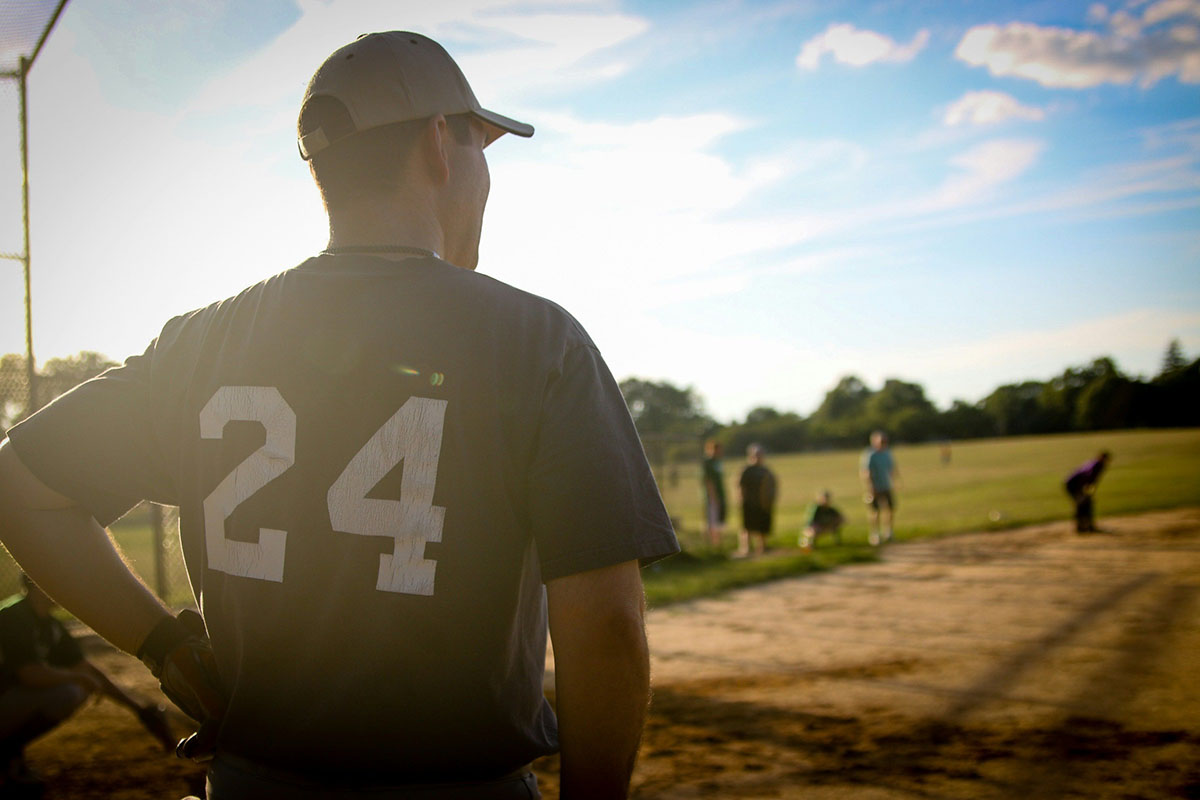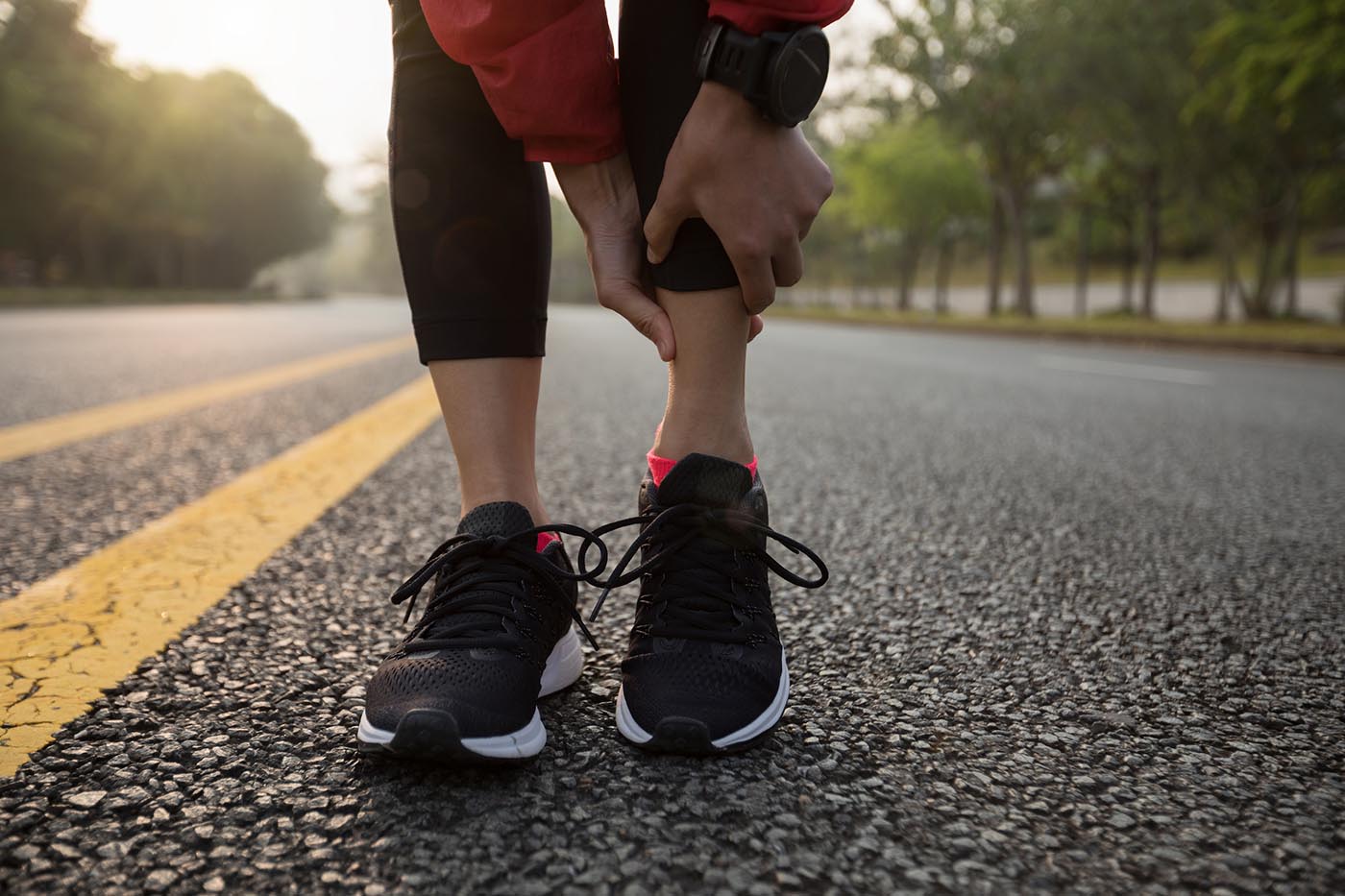When we think of sports leadership, we typically think of game strategy and motivational speeches—at…

Athletes and Mental Health are Making Headlines
A recent USA Today story highlighted the mental health struggles of numerous star athletes, including NBA legend Jerry West, New York Giants wide receiver Brandon Marshall, Olympic swimmer Allison Schmitt, WNBA center Imani Boyette, and history’s most decorated Olympian, Michael Phelps.
In this article, authors Scott Gleeson and Erik Brady (2017) highlight Phelps’ mental state during one of his depressive episodes, “I didn’t want to be alive. I didn’t want to see anyone else. I didn’t want to see another day.” Fortunately for Phelps, his family and friends encouraged him to seek professional help. He did, and he credits that with saving his life.
Like Phelps, the other athletes in the article explained that, while they had struggled, and sometimes still do struggle, with mental illness, they were ultimately able to find ways to live successfully and happily. Thankfully, many of these athletes, including Phelps, are now working to educate other athletes, as well as the general public, about mental illness. Topics of discussion include symptoms, causes, and treatments. Additionally, many of these athletes are working to change the still-common perception that if one struggles with mental disorders he or she should hide that fact, rather than talking about it and getting help.
Like many professional athletes, many student-athletes battle with mental illnesses. And, like the professionals, they don’t always think to get the help they desperately need. This can be due to lack of awareness of mental health issues, not knowing what mental health resources are available, and even concerns about stigmas that surround those with mental health issues.
In an effort to remedy this situation, the NCAA SSI, in conjunction with top medical, higher education, and sports medicine organizations, oversaw the development of an innovative publication, the Inter-Association Consensus Document: Best Practices for Understanding and Supporting Student-Athlete Mental Wellness, which is more commonly known as Mental Health Best Practices. A beautifully written document, the authors of Mental Health Best Practices include some of the key contributors to the book Mind, Body and Sport: Understanding and Supporting Student-Athlete Mental Wellness.
Mental Health Best Practices is a 40-page guide, which provides NCAA member schools with basic tools that they can use to more easily and quickly create the supports and systems needed to provide student-athletes with the mental health and wellness resources they need, and to encourage these students to take advantage of those resources.
Mental Health Best Practices is broken into four main sections, which fall under the following headings: Clinical Licensure of Practitioners Providing Mental Health Care; Procedures for Identification and Referral of Student-Athletes to Qualified Practitioners; Pre-Participation Mental Health Screening; and Health-Promoting Environments That Support Mental Well-Being and Resilience.
In an effort to make this publication highly actionable, each section contains a synopsis of the topic, a checklist to help stakeholders create the plans and systems needed for successful plan execution, screening tools, and ideas and information on mental health issues, including:
- ADHD
- Alcohol Use
- Anxiety
- Apnea
- Cannabis Use
- Depression
- Disordered Eating
- Insomnia
The Mental Health Best Practices document is an excellent tool for stakeholders, including athletic trainers, physicians, athletic directors and coaches, who are looking for an easy-to-follow blueprint that can help them break down the barriers that keep student-athletes from obtaining the mental health services that can help them thrive academically, socially, and athletically.
This free document can be obtained by following this link to the NCAA website:
http://www.ncaa.org/sites/default/files/HS_Mental-Health-Best-Practices_20160317.pdf
References:
Gleeson, S., Brady, E. (2017, August 30). When athletes share their battles with mental illness. USA Today. Retrieved from https://www.usatoday.com/story/sports/2017/08/30/michael-phelps-brandon-marshall-mental-health-battles-royce-white-jerry-west/596857001/
Mental Health Best Practices. (2016, March 17). Retrieved from http://www.ncaa.org/sites/default/files/HS_Mental-Health-Best-Practices_20160317.pdf


